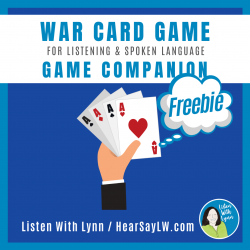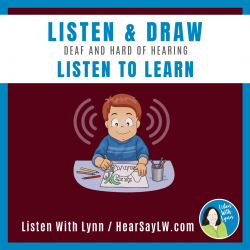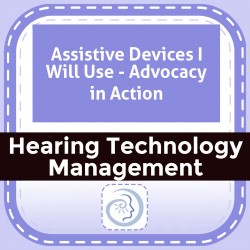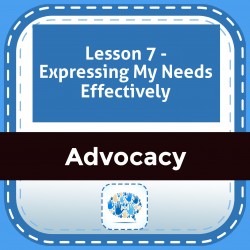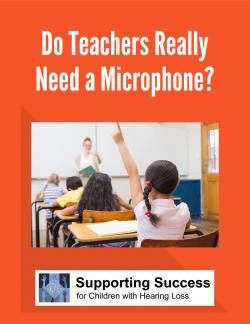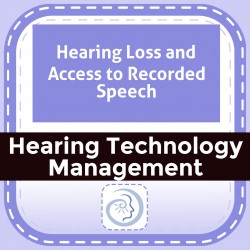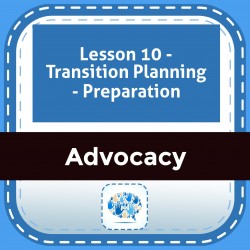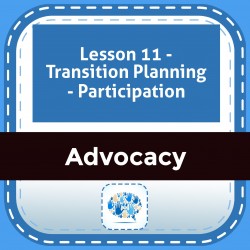Ability Levels
Categories
Resource Types
Age/Grade Range
CCSS
Anchor Standard
Speaking & Listening
Language
Reading
Listening & Language WAR Card Game Companion
$ 2
Playing WAR! is a great card game to foster listening and spoken language abilities. Follow the traditional game directions except lay the cards face down and announce the name of the card being playe
...
ayed such as Four of Hearts or King of Diamonds. The key is to listen and NOT look! If the player sees the cards they lose the opportunity to focus on hearing alone.So simple yet kids listen and learn the language of early math concepts like numbers, their value, comparing, more, same, different, greater, less than, higher, lower, and so on.Taking turns, patiently waiting for their turn, quickly taking a turn without making others wait too long, how to be a gracious winner or loser and other social skills flourish while playing WAR.IDEAL FOR: Listening & Spoken Language, Auditory Verbal, Deaf & Hard of Hearing, Speech, ELA, Teletherapy, Home Carryover or Distance Learning, Face to Face, Digital, Print...INCLUDESPrintable reference gameplay sheetsTwo sizes
Self-Advocacy Listen & Draw Directions DHH
$ 3
LISTEN TO LEARN is the eighth in the popular Listen & Draw series. These are all auditory imagery activities that target following directions while growing vocabulary, memory and sequencing skills. De
...
etails can be easily simplified or information added to increase the complexity to match the child’s listening and language goals.Children listen to detailed descriptions then follow the directions and draw four different young students all of which are deaf or hard of hearing and use hearing technology. A couple of the kids could be better listeners which is both entertaining and learning opportunities for the kids.Isabella hears with two cochlear implants.Watson hears with two hearing aids.Bryn hears with a Baha® device.Noah hears with a hearing aid in his left ear and a cochlear implant on the right. This LISTEN TO LEARN activity also targets self-advocacy skills. Talking through each scenario will encourage your students to understand the importance of listening to learn and be successful at school.Listening and Spoken Language (LSL) tips are included to encourage auditory learning.
Assistive Devices I Will Use - Advocacy in Action
$ 1
Worksheet in which students describe different assistive devices, use for the device, place to obtain, cost, etc. Students develop a reference for themselves for post-high school communication situati
...
ons.
Lesson 7 - Expressing My Needs Effectively
$ 0
Lesson 7 - Expressing My Needs Effectively. This lesson encourages students to consider different ways to express one's needs and to determine the effectiveness of each approach. Students will also le
...
arn how to take assertive stePS- to clarify communication when misunderstandings occur because of hearing loss. By Kris English.
CAVE Checklist - Communication Access in Virtual Education (French)
$ 0
The CAVE Checklist in French is a self-report checklist is intended to be completed students age 9 and above who are deaf or hard of hearing to identify possible communication access issues that may o
...
ccur during virtual education situations. It is recommended that the CAVE be completed in an interview format with the DHH specialist discussing each situation with the student. Students read 10 questions related to accessing communication in online learning situations and rate them from Always Easy to Always Difficult, or Doesn't Happen. A total score can be obtained. Not every situation will apply to every student. Situations indicating appropriate access will receive scores of 4 or 5. Items scoring 1, 2, 3, need to be addressed for appropriate access needs. The 10 questions are followed by a list in which the student identifies what he or she thinks helps most during online learning.
Do Teachers Really Need a Microphone?
$ 150
Teachers who have not had experience with students who are hard of hearing are usually unused to wearing a microphone transmitter and often ask, "Do I really Need a Microphone?" This brief information
...
al article describes how hearing technologies are essential tools for learning.
Hearing Loss and Access to Recorded Speech
$ 195
An increasing number of educational resources are being delivered through recorded speech in the younger grades, listening centers, and test examinations. This article focuses on the reasons why recor
...
ded speech are so challenging for students who are hard of hearing thus necessitating a live voice reader in many situations.
The Spirit of Giving
$ 195
This article provides activities to help students recognize that giving to others can be as worthwhile (or more so)as receiving. Worksheets include: "My Gifts" cut and paste for young students; The
...
Giving Board Game with situation game cards that move the player forward for generous acts; "My Giving Checklist" for students to record generous acts; gift certificates to be used as needed; a review of The Giving Tree by Shel Silverstein, suggesting that giving can actually go too far.
Lesson 10 - Transition Planning - Preparation
$ 0
Unit 4 - Putting it All Together: Using Knowledge with Skills. Lesson 10. Students will learn how to integrate their self-advocacy knowledge base and their negotiation and problem-solving skills into
...
the context of their next IEP meeting. By Kris English.
Lesson 11 - Transition Planning - Participation
$ 0
Lesson 11 - Practicing for an IEP Meeting: Participation. This lesson describes the basic activities of an IEP meeting. This lesson also links learned personal and interpersonal skills to each step of
...
the IEP process to support student participation. By Kris English.
 Your browser is out of date. For best experience switch to latest updated Browser.
Your browser is out of date. For best experience switch to latest updated Browser.
 Get Chrome
Get Chrome Get Edge
Get Edge Get Firefox
Get Firefox